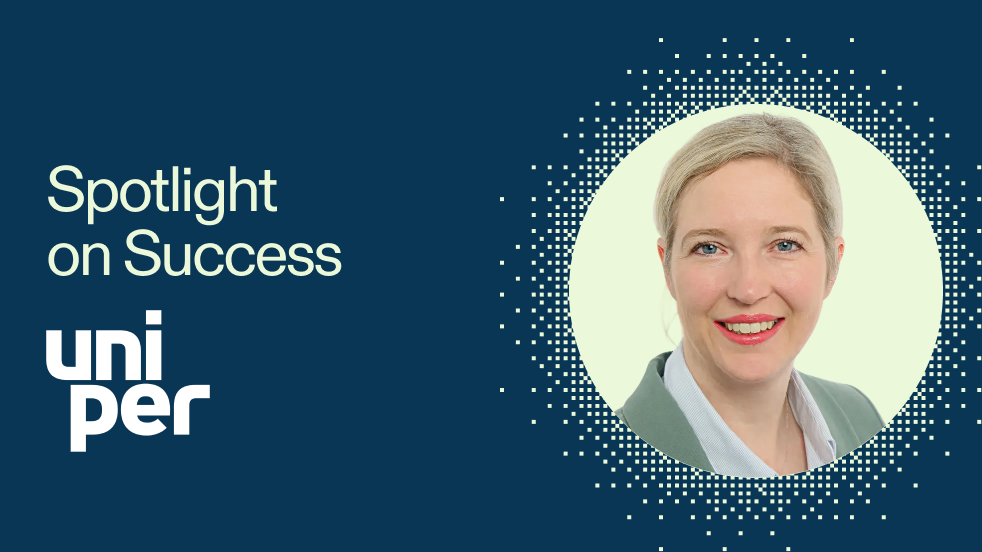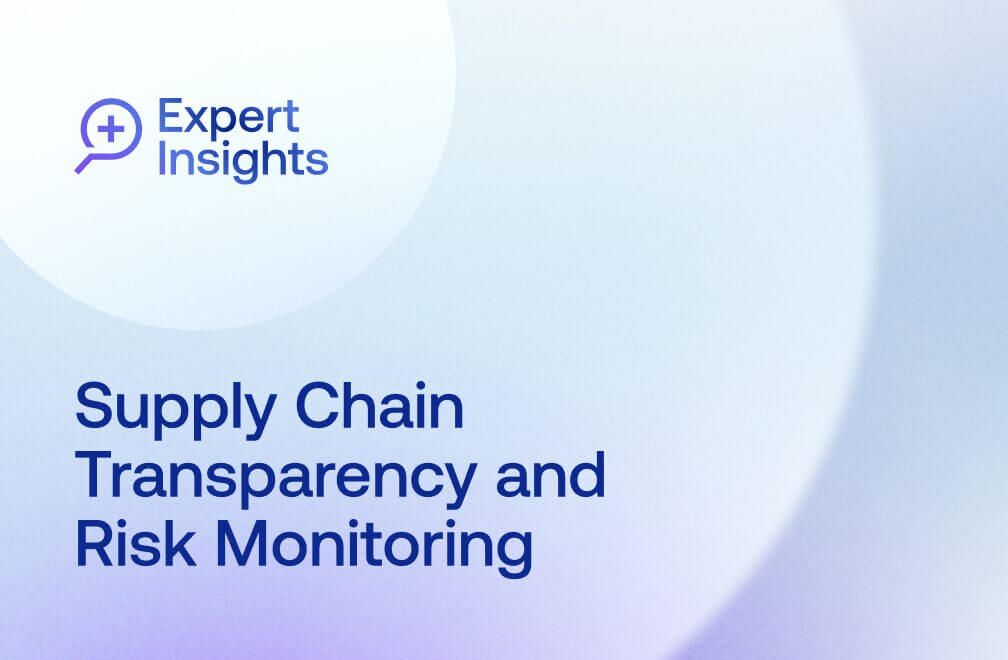
September 7, 2022 • 7 min read
Three Mystery Shopping Lessons to Advance Your Audit Approach

Deepak Bokaria
As internal auditors, we typically perform our work according to the methodology adopted by our organization. The department likely has a set process for conducting the audit, drafting the report, and presenting any findings to management. These internal processes are finely tuned over years as internal audit managers carefully position the department to add the most value while mitigating potential friction — yet one drawback to this approach is that staff may be reluctant to challenge ingrained processes, suggest possible improvements, and consider alternative audit approaches, even though we are trained to look critically at other team’s processes during audit fieldwork.
For me, discovering mystery shopping has helped me realize the value of applying an auditor’s professional scrutiny to so many aspects of life. Mystery shopping is used by companies who want insights into their operations quickly and from an outside perspective — and an audit background makes us uniquely suited to excel at them. By performing over 250 mystery audits, I’ve sharpened my core audit skills through exposure to numerous businesses. In this article, I will share my three most valuable lessons to help auditors approach our work with a fresh perspective.
My Experience With Mystery Shopping
For those unfamiliar with mystery shopping, many companies will hire individuals to go experience their products and services and provide feedback on their experiences. I was introduced to mystery shopping while working with a retail client who used feedback from mystery shoppers to improve their stores’ operations. I was intrigued by the positive impact these engagements had and started mystery shopping as a freelancer outside of my day job. Anyone can do mystery shopping, but as an internal auditor, I realized I could bring a much higher level of professional skepticism and attention to detail than the average person. My audit skill set is extremely valuable, and prominent companies now seek me out for their mystery shopping engagements. Just as importantly, I realized that mystery shopping pushed me to reexamine how I approached my formal internal audit position in key ways.
Lesson 1: Learn From New Experiences
As mentioned earlier, internal auditors are usually expected to conform to the established audit processes that were in place before we arrived. Mystery auditing allowed me to experience different companies with various expectations and internal processes. Exposure to different approaches and ideas enhances your knowledge, expands your skills, and makes you a better internal auditor.
For example, years ago at a previous organization, my team used Excel spreadsheets in the internal audit department to capture data. Collating the data would take weeks as evidence needed to be translated into reports. However, I leveraged experience using Google Sheets that I gained on a mystery audit and enabled my audit team to collaborate in real time. Incorporating a different technology into the audit work made us more efficient, improved our reporting, and even set us up to make further improvements by incorporating data analytics later.
Lesson 2: Think From a Customer’s Perspective
Most mystery shopping happens in retail locations and requires the auditor to approach and evaluate the location from a customer’s point of view. Companies generally describe the work to be performed, and provide questionnaires to be filled by the person performing the mystery shopping. These questionnaires helped me to understand what the person receiving the report needs to know. It organizes the review results into priority categories to help the person reading quickly understand which observations are most critical to the customers.
We can include a customer’s perspective in our work in internal audit, which might impact the recommendations you provide to your stakeholders. For example, if we perform a process improvement audit, we could approach the project from a cost-saving point of view, but that could result in a negative customer experience, which might harm the brand. On the other hand, the same evaluation performed from a customer-centric perspective could lead to a different set of recommendations geared toward a better customer experience.
Lesson 3: Communicate Clearly and Focus on Results
All auditing — including mystery shopping — requires good communication, negotiation, and report writing skills. At the end of a lot of mystery shopping, I may have to report my findings to the institution’s manager. I have learned to tailor the communication to best fit the recipient. For some, the best communication style is to bring them into the store area so they can see a scenario described in the report for themselves.
In our audit practice, we should be mindful of using a common language typical for the audited area and a writing style easily understood by the people reading the report. When we communicate audit results this way, the message recipient can easily comprehend the observations and actions they should take based on our work without getting bogged down in technical jargon.
The Value of Seeing Things Differently
My advice overall is to be receptive to different ideas and open to changes that might improve your existing processes. You don’t need to be a mystery shopper to introduce innovation and process improvements based on your wealth of personal experience. One starting point could be to view your current organization through a customer’s eyes. Then if it makes sense, incorporate both the customer perspective and your professional audit perspective into your audit work. I’m confident that striving to see things a little differently can add tremendous value to your work, just as it has with mine.
About the authors

Deepak Bokaria is Sr. Internal Auditor at Twilio Technology India Private Limited. Prior to Twilio, he worked with PwC, specializing in internal audit, risk management, and digital transformation solutions. Connect with Deepak on LinkedIn.
You may also like to read


How Uniper achieves greater audit transparency and impact

How Snowflake Uses Continuous Monitoring to Proactively Identify Risk

Enterprise e-commerce company transforms audit planning with Grant Thornton and AuditBoard

How Uniper achieves greater audit transparency and impact

How Snowflake Uses Continuous Monitoring to Proactively Identify Risk
Discover why industry leaders choose AuditBoard
SCHEDULE A DEMO



